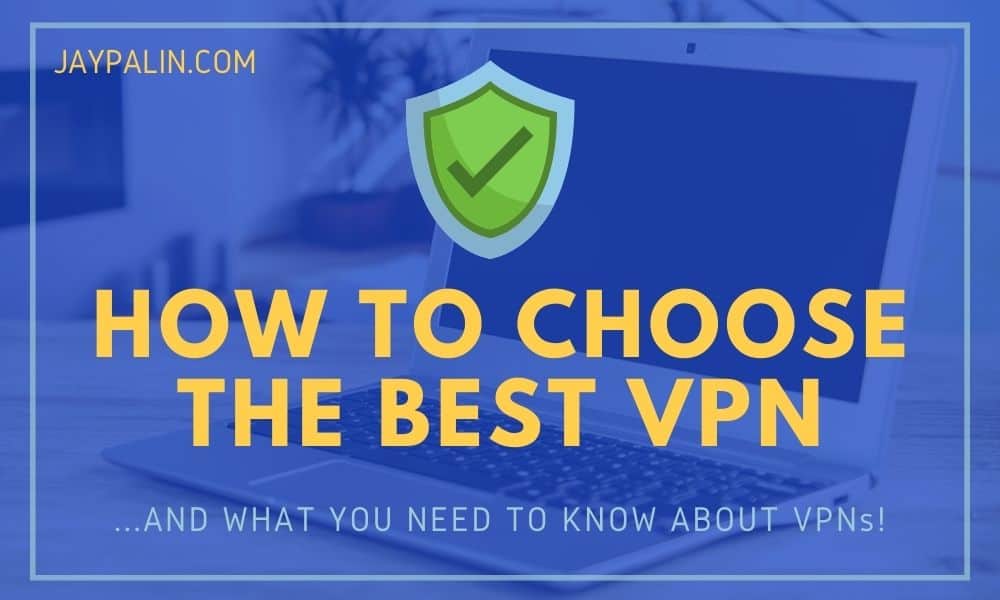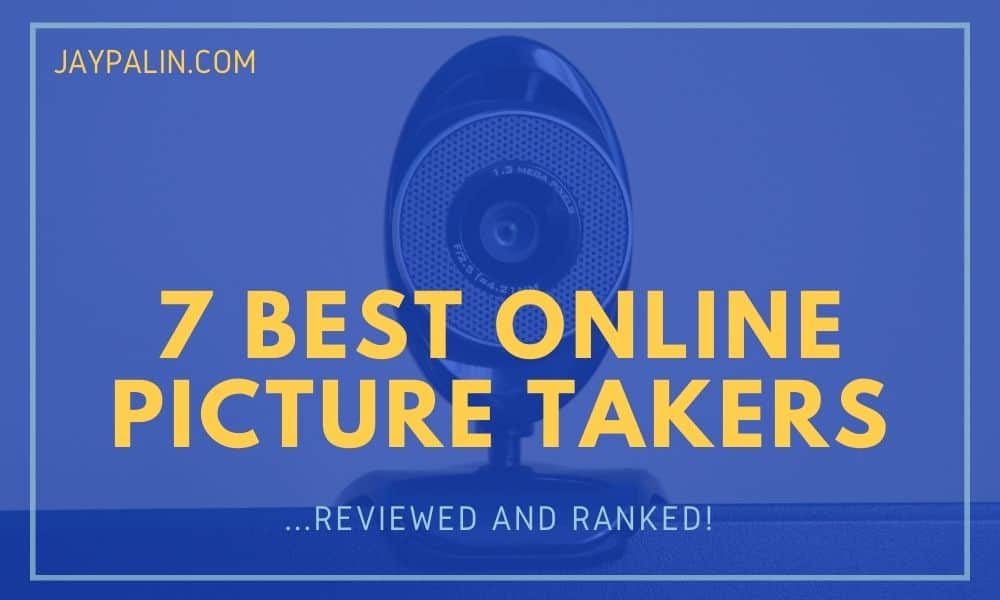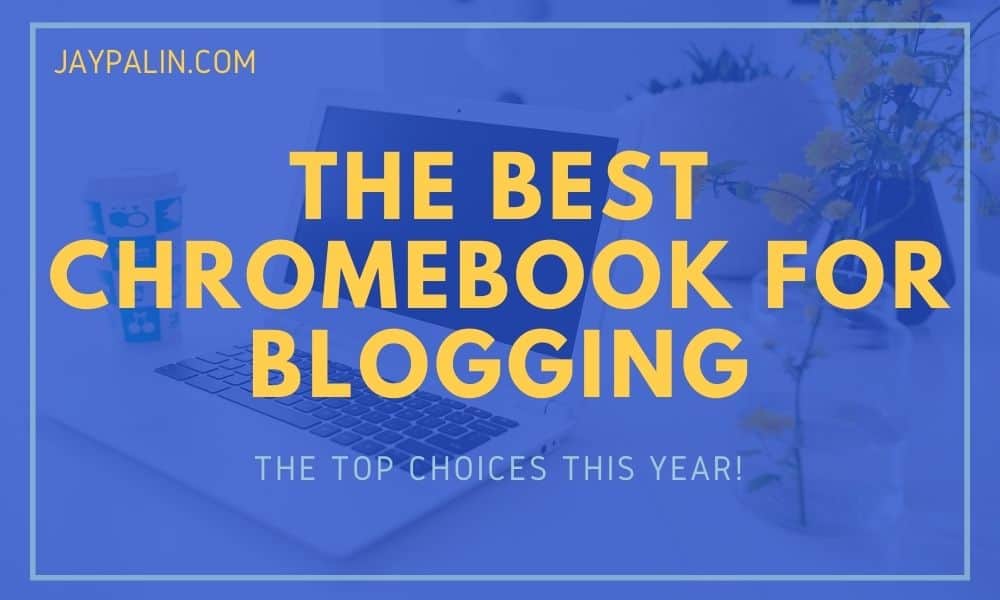Before selecting a VPN (Virtual Private Network), it is important to know what to look for. There are several factors to consider, including geographic diversity, the number of servers, and security measures.
In this article, we’ll discuss how to choose the best VPN, my top VPN recommendation this year, and many of the common questions people have about VPNs in general.
Here’s a quick list of criteria to consider when choosing a VPN:
- Speed
- “No logs” policy
- Technical security
- Good customer support
- Geographic diversity with servers
- User-friendliness
- Compatible devices (and how many)
Disclosure: This article contains one or more affiliate links. I may be forwarded a small compensation in case you make a purchase. This is at no additional cost to you and it helps keep this website alive.
What to look for when choosing a VPN
VPN providers should be transparent about their policies regarding cooperation with law enforcement agencies. This will ensure that the privacy of a VPN user is protected. The best VPNs have clear policies on privacy and security. Lastly, a reputable VPN should have a warrant canary or other proof of authorization.
It is essential to select a VPN that offers high technical security and privacy standards. A secure VPN provider will have several layers of security, such as encryption. It should also be able to provide the fastest connection speeds available and allow you to download data safely.
A solid VPN should offer a “Server List” section. Using a VPN can be difficult and confusing the first time, but it’s vital to choose a VPN with a server list. Whether you’re looking for a cheap or expensive one, be sure to look for a VPN with plenty of servers, i.e., geographic diversity.
A good VPN should also disclose the identities of the companies that control it and their employees. If you’re using a VPN to surf the internet, look for one that offers “zero logs”. These VPNs will never log the IP address of a user, and they should never have any logging policy.
While contemplating how to choose the best VPN, you should decide your needs. A good VPN will be easy to use, and its interface is user-friendly. Whether you’re a remote worker or a home worker, there is a VPN for you. However, the best VPN for you depends on your needs.
Great customer support is always a key criterion to keep in mind, and when it comes to VPNs, make sure the one you choose enables you to have it installed on multiple devices for the price of one!
You should read reviews (like you’re doing now) about different services and choose the one that offers the features you need. Once you’ve determined what you want from a VPN, you can then select the best VPN for your needs.
Here’s a short but great video on what to look for when choosing a VPN, according to Nord VPN, which is the service I am currently using and am very happy with.
Why use VPN?
Many people use VPNs when traveling for business. This is mainly because it allows you to bypass geographical restrictions when visiting other countries and also stay safe when using public Wi-Fi.
However, it is important to note that some countries are not open to VPN usage. Therefore, choosing a VPN with a wide range of servers is essential. A high-quality VPN with servers in several countries will be well worth your investment.
One of the primary benefits of using a VPN is the ability to access content that is restricted in your area. This type of service also protects your privacy from third-party tracking. If you’re worried about your safety and privacy online, start using a VPN.
Another benefit of using a VPN is that it masks your online activities from your ISP (Internet service provider) and government. The biggest example of this is geoblocking, in which certain websites are blocked because of copyright laws or government censorship. With a VPN, you’ll never have to worry about these problems again.
If you’re a journalist or researcher who researches sensitive information, then it is vital to use a VPN service so that the powers that be, in authoritarian countries, won’t track and punish you for your activities.
Lastly, it will also help prevent some potential hacking actions directed towards you and your IP address online.
How does a VPN work?
The VPN service reroutes your internet connection through a server. Your IP address is replaced by a different one and your internet connection is encrypted to prevent a third party from reading it. In addition, your VPN service must provide you with many servers located in several different countries.
Once connected to a VPN server, you will be able to access the internet wherever you go, without being tracked. However, some VPN services still use outdated protocols, such as Point-to-Point Tunneling Protocol (P2TP). To avoid this, it is important to use an up-to-date VPN service.
Do VPN services really work?
When wondering how to choose the best VPN, a lot of questions naturally arise. One question I asked myself before getting a VPN subscription was:
Do VPN services really work?
VPN services do work. However, it is important that you choose a reputable VPN provider that has a good track record. There are lots of free VPN services as well, but these should be avoided as they are often linked with risks and lower security standards.
A VPN service is a popular way to protect your privacy. It encrypts your traffic so that it looks like it came from a server outside your country or from another server inside your country. This can prevent your identity from being traced back to you.
When it comes to privacy, a VPN will help you protect yourself from these concerns. While it won’t prevent your ISP from tracking your online activity, it will keep it secret from them. That’s important, as they can sell your browsing data to advertisers.
In addition to protecting yourself, a VPN will obscure your IP address and prevent your ISP (Internet service provider) from seeing your IP address. Moreover, it’s possible to use a VPN to access websites that you don’t want to be viewed by anyone.
What VPN service should I use?
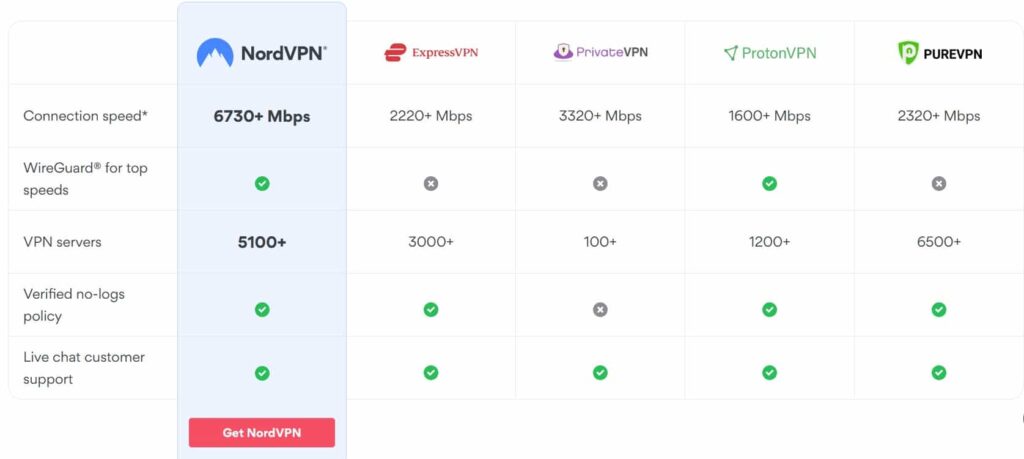
The first step in choosing a VPN service is to compare prices and features. You can also read user reviews on the websites of each VPN provider. Then, you should select one that offers the features you need. Once you’ve made a decision, you should sign up for a free trial.
Some VPN services are better than others. NordVPN, for instance, has 5,158+ servers across 60 countries. This makes it more convenient to use on a global basis.
Another great feature is that NordVPN uses the latest encryption technology. This means that your communications are completely anonymous. The service can be used on up to six devices at once. For example, I am using it on my computer and my smartphone simultaneously, at all times.
NordVPN’s application is very user-friendly, and you can switch it off if you prefer not to protect your online activity. There are several other VPN providers that you can use, but NordVPN has many unique features. For example, it’s easy to install and you can choose a server location that suits your needs.
Frequently asked questions about VPNs
Here are some of the most common questions people have regarding VPNs:
How to choose the best VPN server location
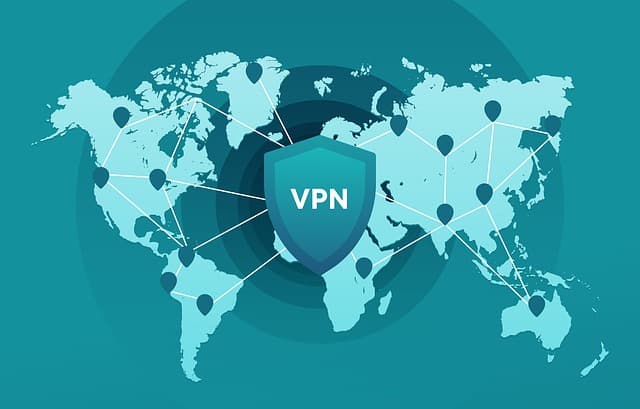
The process of using a VPN is very simple, but choosing the best VPN server location can be a challenge. The selection process should be based on what you want to do with your VPN. You may want to torrent HD content, or you may use the VPN for online security. Either way, speed should be a priority. Some countries have slow internet speeds, and others don’t have much IT infrastructure to support a large number of servers.
Switzerland is arguably the best choice for VPN servers, as their courts recognize common-law obligations to privacy and confidentiality. Although Switzerland is not a member of the European Union, it has strict data-privacy laws and is the perfect location for VPN providers. Since it is not part of a spy alliance, it is also a great place for VPN providers to establish their operations. It is also home to some of the world’s best VPN providers.
Another country with great internet and IT infrastructure is Sweden. Internet speeds are so fast and reliable in Sweden to the point where Facebook decided to place a large chunk of its servers in the north of the country.
Can VPN providers see my data?
If you’re using a free VPN, you’ll have to be aware that they can and might monitor your activities. This should make you worried regarding the privacy of your data, and you must do your research to make sure that you’re getting the right VPN.
Thus, the answer is “yes”, but it’s very important that you know what the VPN providers can and cannot see. Your IP address is an example of personal data that a VPN provider cannot usually see. The most important thing is to check whether your VPN provider stores logs and cookies.
Can VPN providers see my browsing history?
While some VPN providers keep your traffic logs, you should be aware of the fact that these companies could potentially sell them to advertisers. Unless your VPN provider does not keep your traffic logs, your browsing history of websites will still be available to them.
Even though no one wants to share their data, there are situations where you want to protect your data. While some premium VPN providers do not harvest or sell this information, it’s still important to do your research before signing up with a VPN.
What is the future of VPNs?
The technology is already ubiquitous, but what is the future of VPNs? The market is growing and so does its importance. With more hackers and identity theft, and a broader awareness of internet privacy and security, the VPN industry is poised for continued growth.
As the number of people online continues to grow, the need for secure connectivity increases. This has made VPNs an increasingly important part of the tech industry. As the cloud grows in importance, so does the number of endpoints and services requiring protection.
The future of VPNs depends on how companies use this technology. With the rise of cybercrimes, VPNs will be increasingly important to protect data and privacy. The technology will also get smarter, more automated, and cheaper.
Endnote on how to choose the best VPN
You made it to the end of the article! I hope you now have a better understanding of VPNs and that you feel confident about how to choose the best VPN.
Sure, when you’re on a budget, it can be difficult to find a good VPN provider. Fortunately, several companies offer free trials which enable you to try them out before making a decision. Lastly, prices for subscriptions are decreasing as more companies become VPN providers and the competition between those gets stiffer – which ultimately is a good thing for us consumers!
You can read about me here to learn who I am and what I do.
